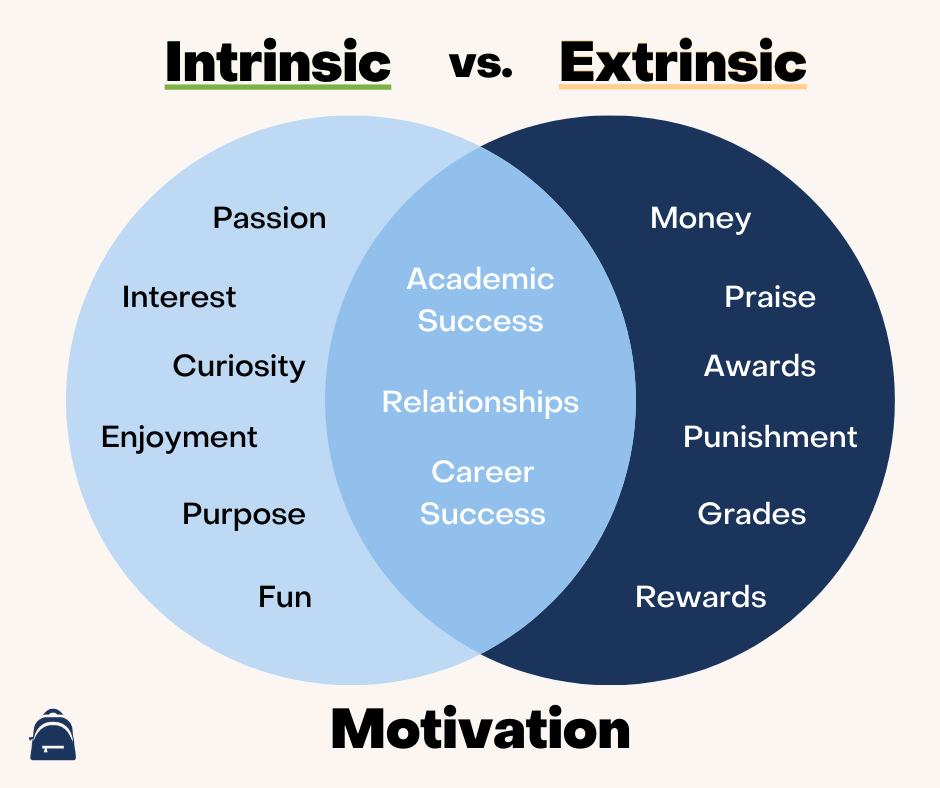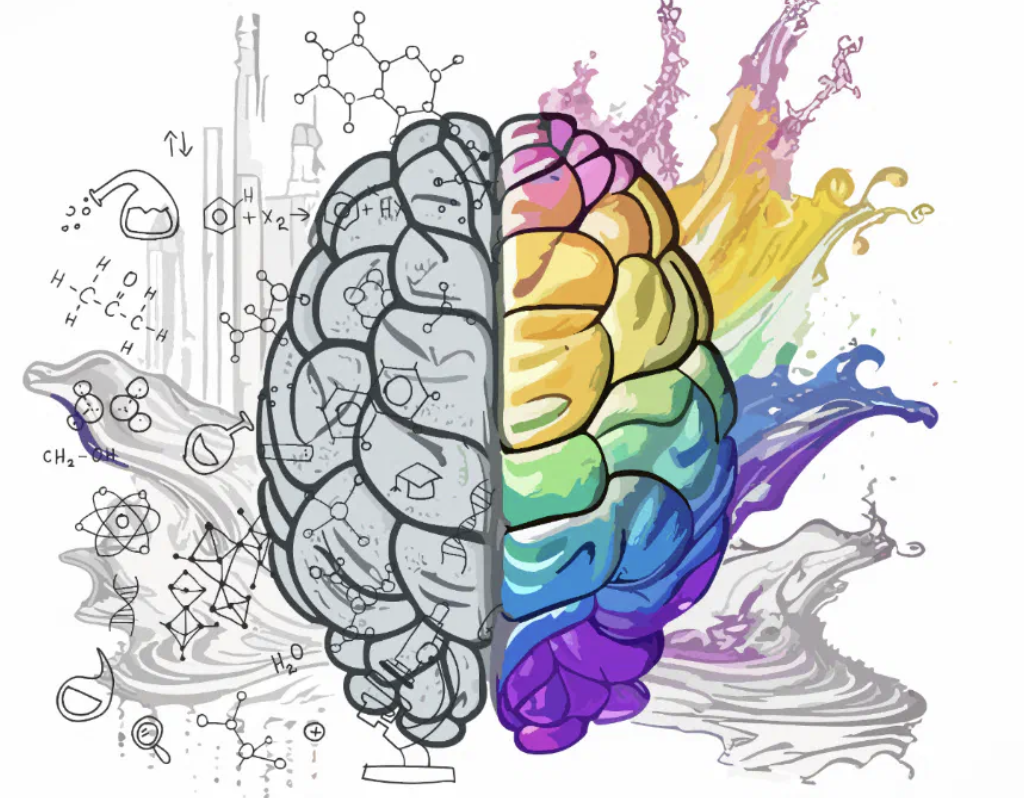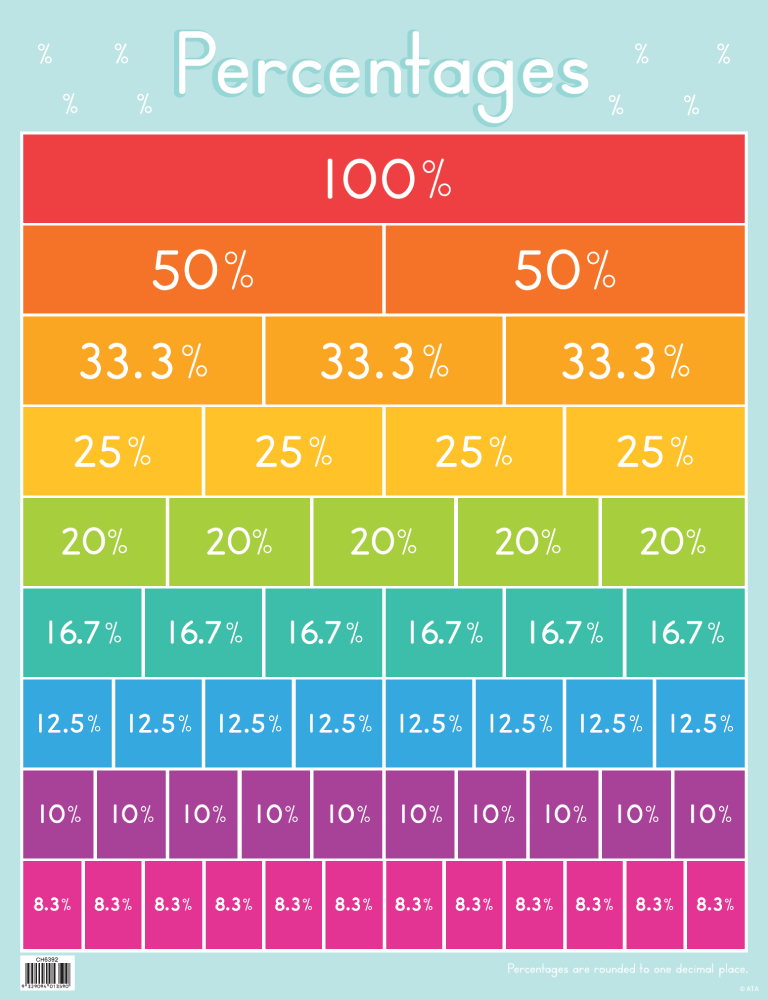
Many students participate in sports, extracurricular activities, tutoring and volunteering opportunities on top of their normal school hours. This means that they must be organised with the free time that they do have to ensure that they keep up with their study and revision. So, here are some of my best study techniques for busy students:
1. The pomodoro technique is your best friend! Working in 25-minute intervals with 5-minute breaks enables students to remain motivated with their study by allowing them to work in short, energetic bursts.
2. Make the most of the ‘in-between’ time. If you have a particularly long commute or have some waiting time before an activity starts, you can use this time to go over some flashcards or read over a practice essay you have written.
3. Ensure you are using mobile apps like Quizlet or Anki to revise ‘on the go’. These apps also add an element of fun into your study by allowing you to create quizzes to revise for content-heavy subjects.
4. Teach someone your content! For example, if you are travelling home with a friend after a soccer game and you both want to study for English, why not talk aloud to one another about the text you have been assigned? Or you can even teach your sibling about your modern history content or talk through a chemistry module with them to break up the monotony of sitting at your desk.
5. Take time for yourself to relax and refuel. If you are a busy student spreading your time between sports, school, tutoring and other activities then staying hydrated, fuelling your body with good food and sleeping well helps you stay energised. Also, blocking out time in your schedule to have longer relaxation breaks where you are resting without having any commitments on is vital to recharge your mind.
Kristina McLean









